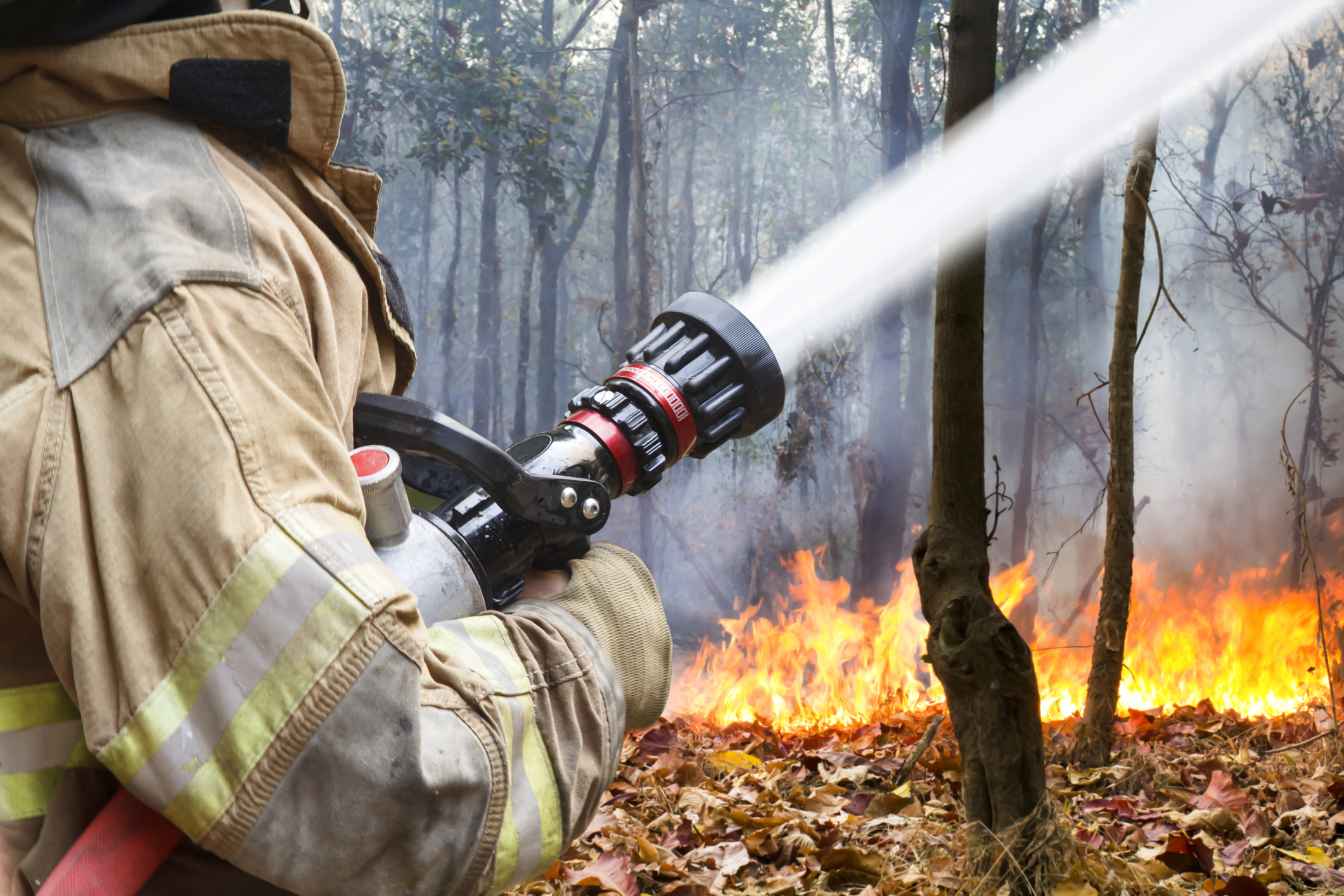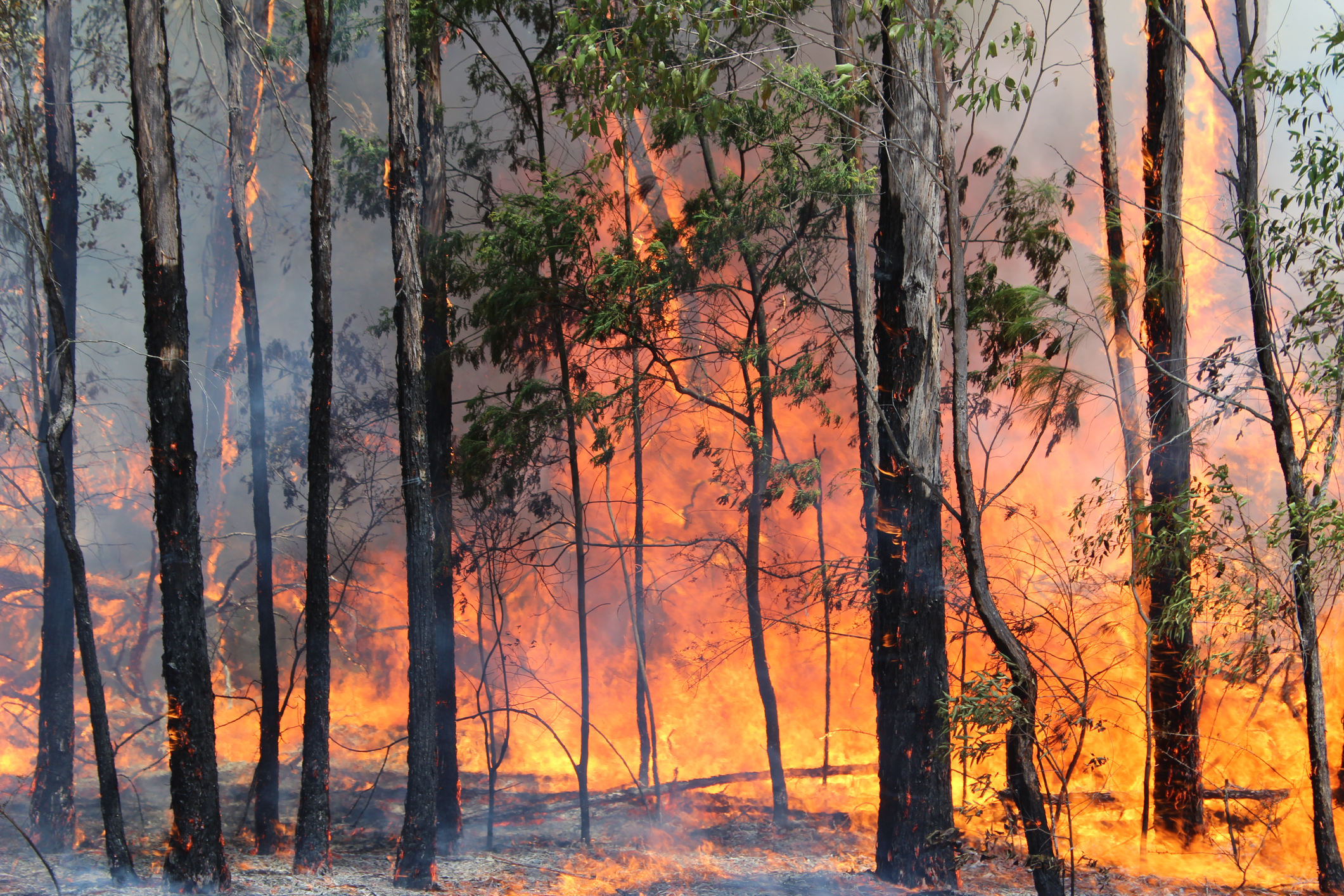
With summer fast approaching, now is the time to ensure your property is adequately prepared for bushfire season.
While everyone should have a bushfire survival plan, those living in or near bushland need to take extra precautions - the more you prepare your property the better the chance it will survive a bushfire, even if you are not there at the time.
Before bushfire season, you should:
For more information or advice, visit the DFES website.

Hi there,
Would you like to receive home decor
ideas and DIY tips to your inbox?
Subscribe to our mailing list!

